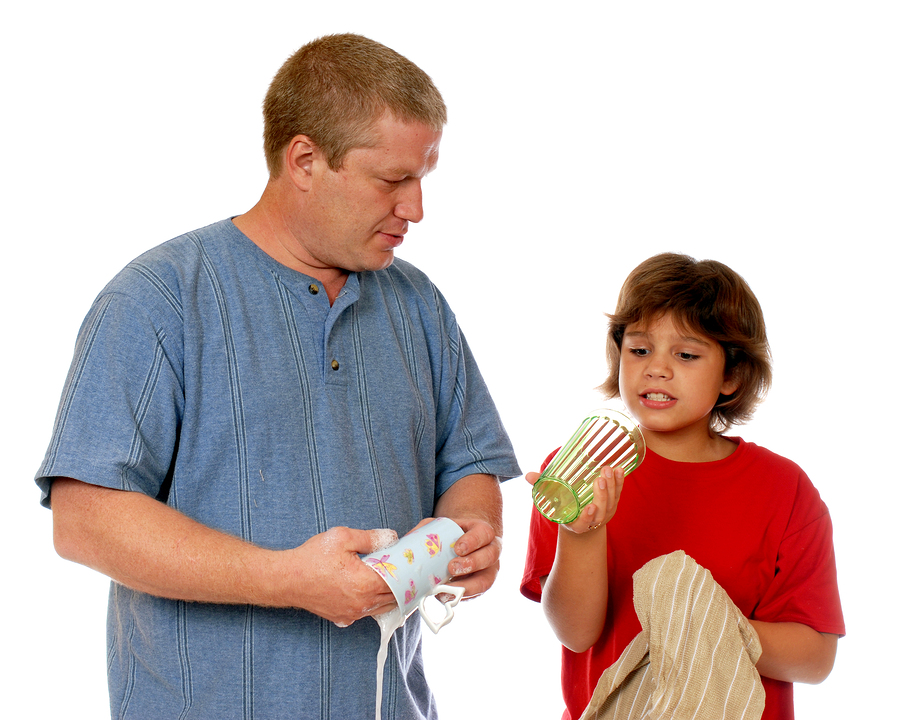Positive shared experiences are very important in developing strong, confident, self assured and compassionate children.
Such experiences can be spending quality time with your children, being attuned to your children’s needs, filling their emotional cup with love everyday, playing with them, or how you communicate with them…
Every interaction with your child and every experience your child experiences will shape their perceptions about the world, about how they think and function, and how safe they feel about the people around them and their world.
With the advancement in neuroscience over the past 20 years, it has been shown that a young child’s brain develops at a very rapid rate, especially from birth to 5 -6 years of age. This is a time when they absorb information at a very swift rate through observing, exploring, being curious, communicating, feelings, touching, listening and experimenting. Science has shown that for a young baby, there are about 100 billion unconnected neurons in their developing brain; these lie between different parts of the brain, waiting for new experiences to fire up the neural connections, so as to enable the child to adapt to his or her environment (i.e. society, situation, geographical, faith, environment etc) more efficiently.
Brain development and neuron connections are activity-dependent.
Every time you communicate with your child, every song you sing to your child, every eye contact you make with your child, every hug, every book you share together, every hand holding, all register in the brain. How your child feels and perceives these experiences are being registered in the brain through the neural connections.
For example, when a baby is learning how to stand, if she keeps trying to stand every time she falls down, after many tries, she will be successful in standing up. The neurons in the brain allows messages to pass through backwards and forwards between the brain and the body; when the baby tries repeatedly to stand, the connections between the neurons are made over and over again, thus it creates and strengthens the pathway. When the pathway is established, the actions become easier and more familiar, and eventually the baby learns to stand.
Children’s brain develop more efficiently when interacting with people they trust and love, as scientists believe that children learn best when they are happy and feel safe, and then they are able to absorb information faster and more efficiently.
However, if a child is stressed and anxious, the brain is programmed to trigger chemicals such as adrenalin and cortisol into the body. These chemicals makes it harder for the child to think clearly and take in new information.
So, make daily interactions with your children a happy and joyful experience and make them count – as you are literally helping your children’s learning experiences through those interactions by strengthening the neural pathway of their brains.
Have a connected day with your family.
>> How daily INTERACTIONS can enhance your child’s learning abilities
References:
http://main.zerotothree.org/site/PageServer?pagename=ter_key_brainFAQ
http://www.urbanchildinstitute.org/why-0-3/baby-and-brain







Leave A Comment